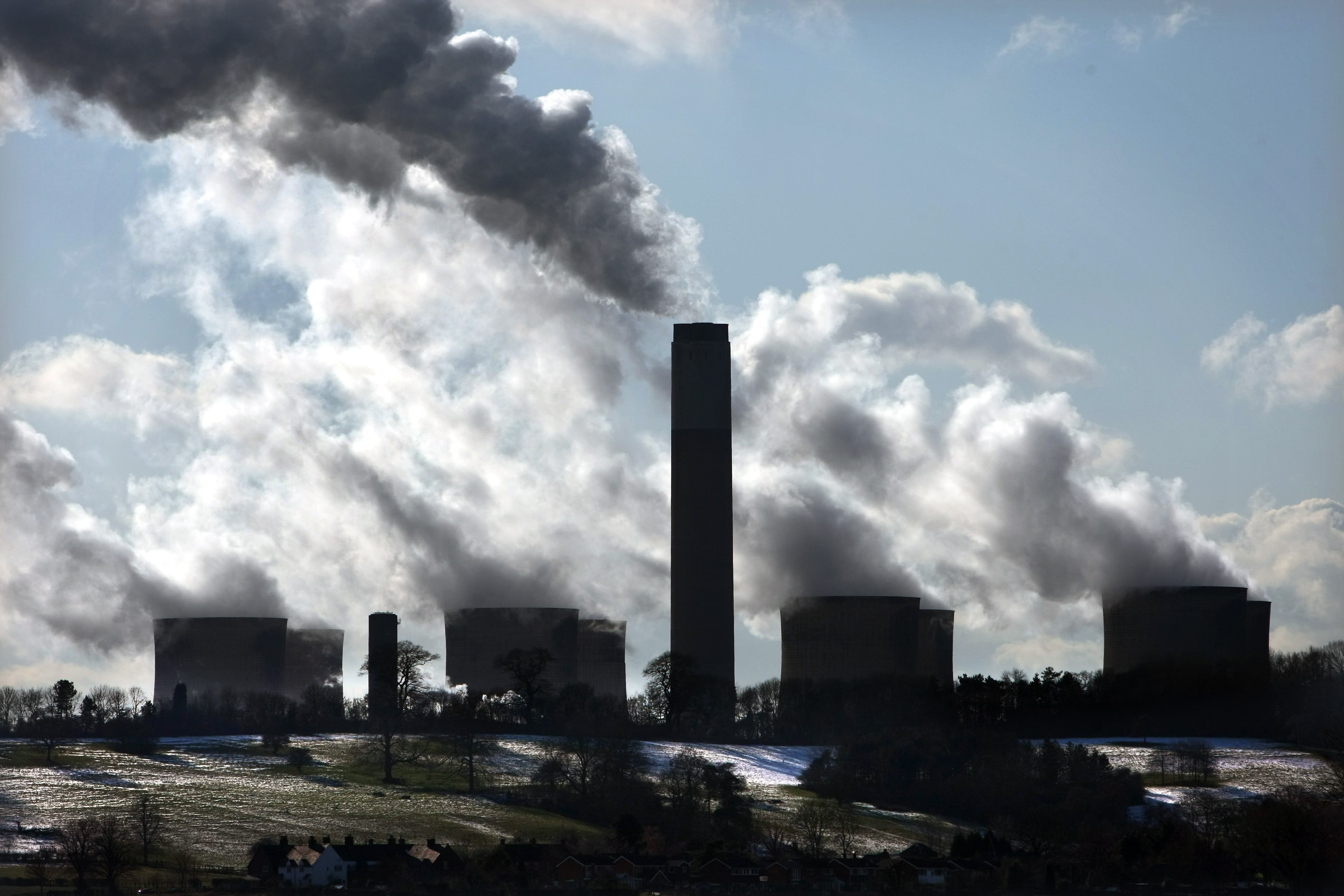Carbon capture technology ‘will not help achieve Paris Agreement targets’
Offshore Energy UK says limiting global temperature rise to 1.5C requires short term emissions cuts but CCS can help with long term ambitions.

Carbon capture and storage (CCS) will not help achieve the goals of the Paris Agreement, the trade body representing oil and gas companies in the North Sea has said.
Climate scientists have said that slashing greenhouse gas emissions in half before 2030 is necessary to have any chance of limiting the average global temperature rise to 1.5C above pre-industrial levels.
Allowing the climate to warm beyond this could trigger unpredictable and dangerous tipping points, such as melting of the polar glaciers and sea ice, that would begin heating the Earth outside of human control.
It would also mean increased heatwaves, wildfires, storms and droughts that are already killing millions of people around the world each year and causing millions of dollars worth of damage.
Will CCS answer that in the short term? No it won't. But without CCS, we won't do the long term stuff
CCS has been called necessary and “very important” by the Climate Change Committee, which advises the Government on its decarbonisation strategy.
It essentially captures carbon dioxide (CO2) as it leaves power stations burning fossil fuels like gas and is then stored underground instead of becoming trapped in the atmosphere.
CCS does not capture other greenhouse gases such as methane, which is much more potent in its warming effect than CO2 but its lifespan is only around 12 years instead of CO2’s centuries.
The long life of CO2 is the cause of a delayed effect between emitting the gas in the present and continued warming of the atmosphere into the future.
It is why scientists are calling for an immediate and massive reduction in emissions this decade.
Michael Tholen, Offshore Energy UK’s director of sustainability, said: “Will CCS answer that in the short term? No it won’t. But without CCS, we won’t do the long term stuff.
“A lot of the short term measures we need to cut emissions in the UK between now and 2030 are going to rely on continued fast pace of decarbonising power and fast focus on how we start to address heat more generally within the economy.
“To move beyond that, to really start to make big inroads into decarbonising industrial processes, CCS is very much part of that.”
Although CCS technology has existed for several decades, it is still yet to be expanded at the scale needed to be effective in balancing CO2 emissions.
The Government has said it is investing £20 billion into developing CCS – which the Climate Change Committee has welcomed – as part of its strategy to achieve net zero carbon emissions by 2050.
Chris Stark, chief executive of the Climate Change Committee, said CCS is necessary to reduce the emissions of difficult-to-decarbonise heavy industries like cement manufacturing.
Environmental groups have long mistrusted CCS, seeing it as an excuse by the fossil fuel industry to keep on emitting rather than slowing down.
Philip Evans, Greenpeace UK’s climate campaigner, called CCS a “smokescreen” for oil and gas companies.
He added: “The fact that the technology has a long history of failure, cost overruns, false starts and environmental liabilities just adds fuel to the theory that this is nothing but a way to prop up the industry.
“With much of the world gripped by deadly heatwaves, we are seeing the consequences of the climate crisis unfold before our eyes.
“Relying on technologies that have a history of failure is not going to help the climate. The fastest and cheapest way the UK can reduce its emissions is by rolling out renewables, prioritising energy efficiency, and moving towards electric vehicles.”
Bookmark popover
Removed from bookmarks